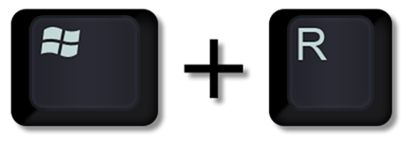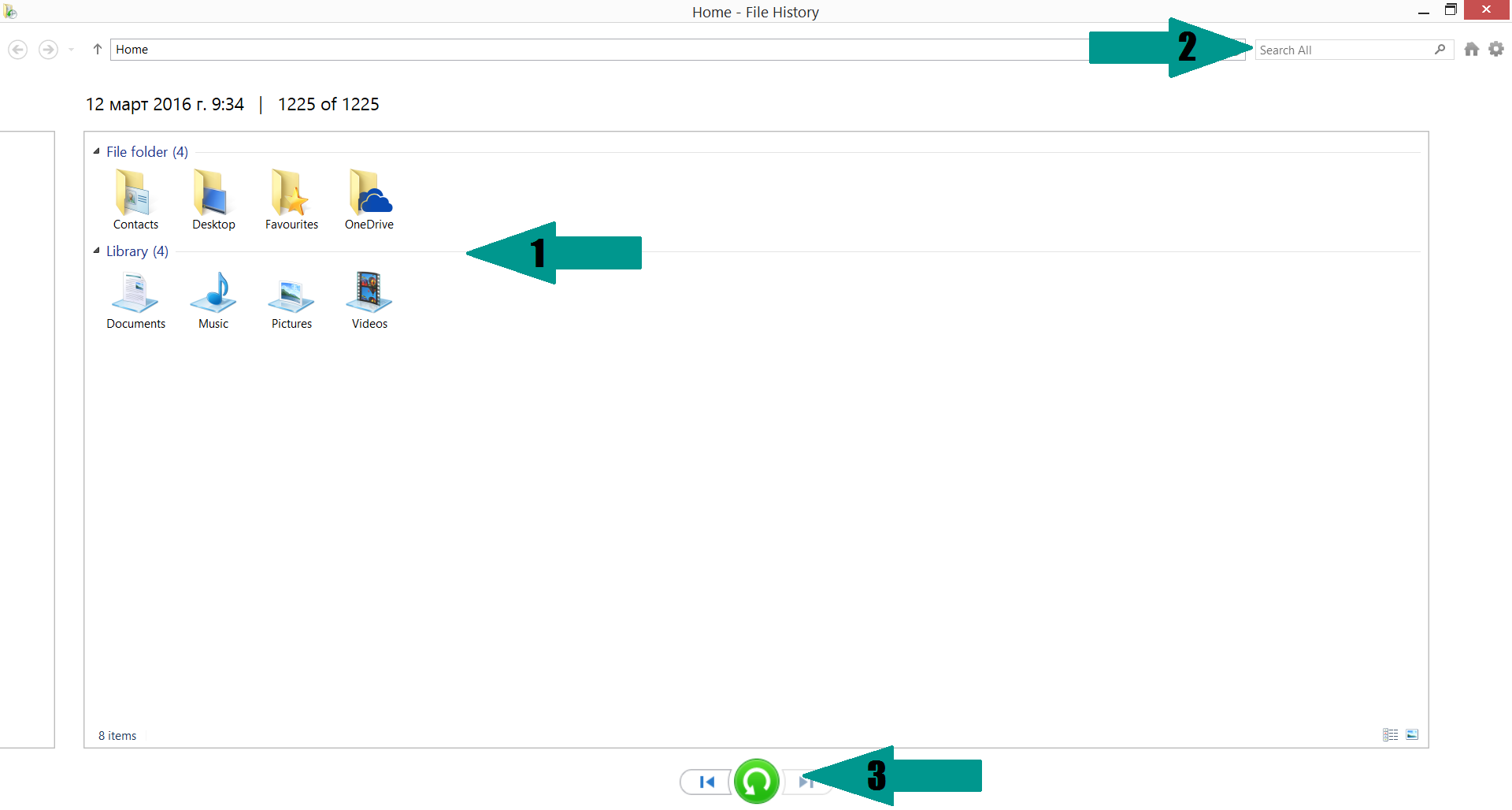The LowLevel04 ransomware is an old malware threat that has recently increased its attack campaigns to target various computers around the world. Learn more about the virus in our article below.
| Name |
LowLevel04 |
| File Extensions |
Addsa a oorr. prefix to the affected file |
| Ransom |
4 Bitcoins |
| Solution #1 |
LowLevel04 ransomware can be removed easily with the help of an anti-malware tool, a program that will clean your computer from the virus, remove any additional cyber-security threats, and protect you in the future. |
|
Solution #2 |
LowLevel04 ransomware can be removed manually, though it can be very hard for most home users. See the detailed tutorial below. |
| Distribution |
Email Spam, exploit kits. |
LowLevel04 Ransomware Description
LowLevel04 ransomware is an old malware threat that was initially identified in October 2015. Its main attack campaigns so far included machines located in the Balkan countries of Bulgaria and Greece. The attacks stopped a few months after its initial release, however new waves have been identified a few days ago. The new security reports indicate that the same LowLevel04 ransomware has been used against various other targets and surprisingly it has not undergone any improvements or code modifications.
Upon infection the virus starts to encrypt target user file extensions. An advanced AES cipher is used which has a very strong security, making decryption impossible withouth the decryption key. This strain has the ability to affect also the connected cloud storage services such as Dropbox and Onedrive. However it does not delete the Shadow Volume Copies which makes file recovery possible.
The affected files are renamed with oorr. prefix at the beginning of the title of every file. A ransom note is crafted with the name “Help recover files.txt. The message contents reads the following:
“Hi,
What happened to your files?
All your files were protected by a strong encryption with RSA-2048
More information about the encryption keys using RSA-2048 can be found heres https://en.wikipedia.org/RSA
What does this mean?
This mean that the structure and data within your files have been irrevocably change and only we can help you to restore it.
How did this happen?
Especially for you, on our server was generated the secret key pair RSA-2048 – public and private
All your files were encrypted with the public key, which has been transferred to your computer via internet.
Decrypting of your files is only possible with the help of the private key and decrypt program which is on our server
You can buy our tool with private key that will recover all your files. It cost’s 4 bitcoins and you need send it to bitcoin address 14mf7A1oCZ7bjpkqaoXCHp2VLRhuv***** . 1 bitcoin ~= 240 US $.
You can make bitcoin payment without any bitcoin software. For this you can use one of this bitcoin exchanger from this exchange list to send us bitcoins
https://www.btcgreece.com
https://btctrader.com
www.plus500.gr/Bitcoins-CFD
https://localbitcoins.com/country/GR
coinmill.com/BTC_GRD.html
btcdirect.eu
localbitcoins.com
Coincafe.com
coinrnr.com
bitquick.co
anxpro.com
bittylicious.com
Our contact mail [email protected] . Additional contact mail [email protected] (email us here if we don’t answer from gmail.com).
Your own personal key: JeO9K092mm**** . Send us your own personal key after payment and we will send you decryption tool.
You can send one small file (not bigger than 1 megobyte) before payment and we will recover it. It will be proof that we have decryption tool.”
The way the virus hacks the victim computer is by downloading and installing a package that generates the encryption key and then encrypts the target data files. It uploads the affected files to a temporary folder. When the encryption process is complete the virus cleans up all temporary files. It also deletes the event logs that are related to Application, Security and the System information.
The following commands are executed:
wevtutil.exe cl Application
wevtutil.exe cl Security
wevtutil.exe cl System
The LowLevel04 ransomware targets the following file name extensions:
.3fr,.dbf,.dcr,.dwg,.doc,.der,.erf,.eps,.jpg,.mp3,.mp4,.mef,.mrw,.mdf,.bay,.bck,.bkp,.bcp,.cdr,.mid,.nef,.nrw,.dat,.dxg,.dng,.pptx,.pptm,.jpe,.kdc,.mdb,.jpeg,.indd,.docx,.docm,.pfx,.raw,.rwl,.opd,.odm,.odc,.orf,.odb,.pdd,.pdf,.pst,.ppt,.rtf,.rw2,.odt,.ods,.pem,.sql,.xls,.xml,.xlk,.wpd,.wav,.wb2,.wps,.x3f,.zip,.xlsb,.arw,.bmp,.cer,.crw,.cr2,.crt,.dxf,.r3d,.srf,.sr2,.srw,.p12,.p7b,.p7c,.ptx,.pef,.png,.psd,.php,.rar,.raf,.xlsx,.xlsm,.exe,.bad,.lpa,.sys,.dll,.msi,.ie5,.ie6,.ie7,.ie8,.ie9,.ini,.inf,.lnk,.scr,.com,.ico,.desklink,.mapimail,.search-ms,.automaticDestinations-ms,.bkup,.database,.backup,.zip
LowLevel04 Ransomware Distribution
LowLevel04 infects its target by attacking the Remote Desktop or the Terminal Services which are used for remote administration of the machines. The virus has a brute force module that acts against the software servers. The virus works against both servers and individual computers that have the service enabled.
LowLevel04 Ransomware Removal
For a faster solution, you can run a scan with an advanced malware removal tool and delete LowLevel04 completely with a few mouse clicks.
STEP I: Start the PC in Safe Mode with Network
This will isolate all files and objects created by the ransomware so they will be removed efficiently.
-
1) Hit WIN Key + R

- 2) A Run window will appear. In it, write “msconfig” and then press Enter
3) A Configuration box shall appear. In it Choose the tab named “Boot”
4) Mark “Safe Boot” option and then go to “Network” under it to tick it too
5) Apply -> OK
Or check our video guide – “How to start PC in Safe Mode with Networking”
STEP II: Show Hidden Files
-
1) Open My Computer/This PC
2) Windows 7
-
– Click on “Organize” button
– Select “Folder and search options”
– Select the “View” tab
– Go under “Hidden files and folders” and mark “Show hidden files and folders” option
3) Windows 8/ 10
-
– Open “View” tab
– Mark “Hidden items” option

4) Click “Apply” and then “OK” button
STEP III: Enter Windows Task Manager and Stop Malicious Processes
-
1) Hit the following key combination: CTRL+SHIFT+ESC
2) Get over to “Processes”
3) When you find suspicious process right click on it and select “Open File Location”
4) Go back to Task Manager and end the malicious process. Right click on it again and choose “End Process”
5) Next you should go folder where the malicious file is located and delete it
STEP IV: Remove Completely LowLevel04 Ransomware Using SpyHunter Anti-Malware Tool
SpyHunter anti-malware tool will diagnose all current threats on the computer. By purchasing the full version, you will be able to remove all malware threats instantly. Additional information about SpyHunter / Help to uninstall SpyHunter
STEP V: Repair Windows Registry
-
1) Again type simultaneously the Windows Button + R key combination
2) In the box, write “regedit”(without the inverted commas) and hit Enter
3) Type the CTRL+F and then write the malicious name in the search type field to locate the malicious executable
4) In case you have discovered registry keys and values related to the name, you should delete them, but be careful not to delete legitimate keys
Further help for Windows Registry repair
STEP VI: Recover Encrypted Files
-
1) Use present backups
2) Restore your personal files using File History
-
– Hit WIN Key
– Type “restore your files” in the search box
– Select “Restore your files with File History”
– Choose a folder or type the name of the file in the search bar

- – Hit the “Restore” button
3) Using System Restore Point
-
– Hit WIN Key
– Select “Open System Restore” and follow the steps

STEP VII: Preventive Security Measures
-
1) Enable and properly configure your Firewall.
2) Install and maintain reliable anti-malware software.
3) Secure your web browser.
4) Check regularly for available software updates and apply them.
5) Disable macros in Office documents.
6) Use strong passwords.
7) Don’t open attachments or click on links unless you’re certain they’re safe.
8) Backup regularly your data.
SpyHunter anti-malware tool will diagnose all current threats on the computer. By purchasing the full version, you will be able to remove all malware threats instantly. Additional information about SpyHunter / Help to uninstall SpyHunter



